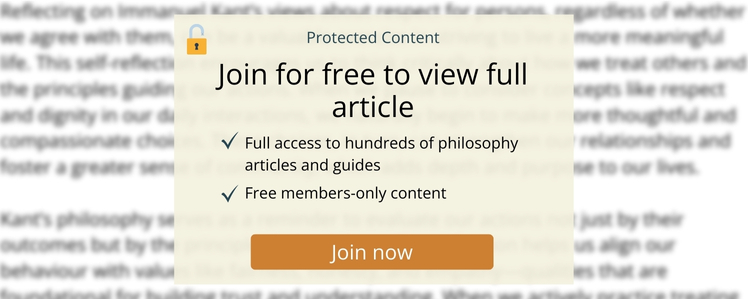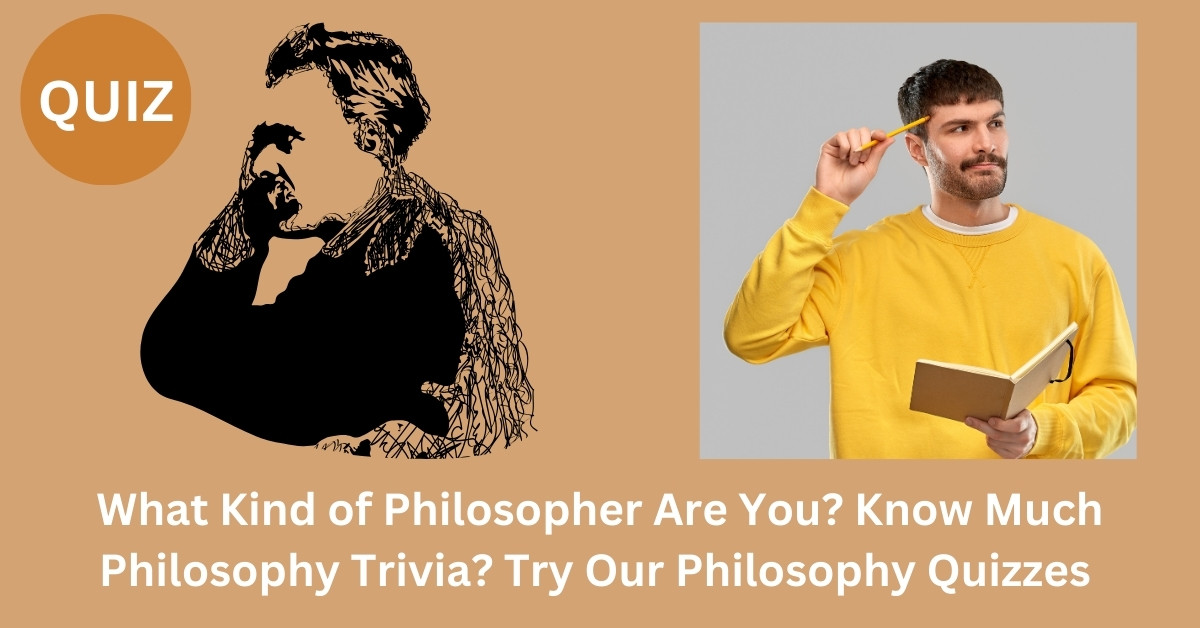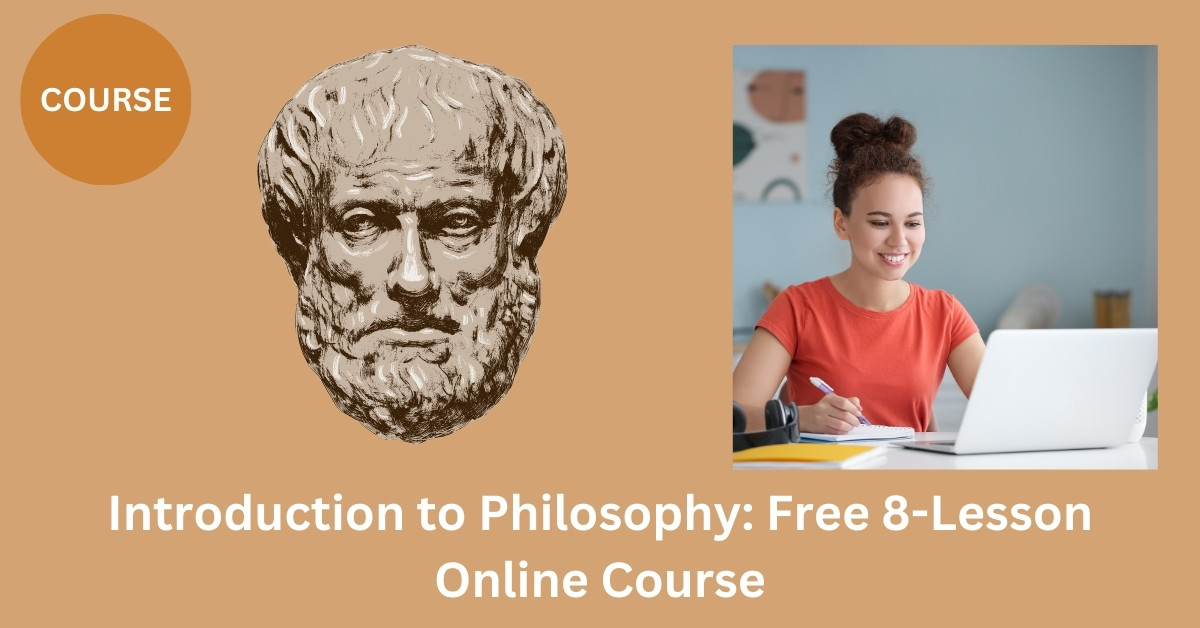For many individuals seeking to deepen their understanding of philosophy in the quest for a more meaningful life, the sheer abundance of information can be overwhelming. It is essential to return to the foundational ideas, such as Immanuel Kant’s philosophy and his concept of transcendental idealism. Gaining a clear understanding of these principles can greatly enhance how philosophy is applied to enrich our lives. This article examines Kant’s philosophy, explores the concept of transcendental idealism, and discusses their significance in the philosophical pursuit of a more meaningful existence.
Key features of Immanuel Kant’s philosophy
Immanuel Kant’s philosophy is centered around the idea of critical thinking and reasoning as the foundation of knowledge and morality. One of his most influential concepts is the “Categorical Imperative,” which serves as a moral rule that individuals must follow regardless of their personal desires or circumstances. Kant believed that actions are morally right when they are guided by duty and respect for universal ethical principles rather than by personal gain or emotion.
Another key feature of Kant’s philosophy is the distinction between the “phenomenal” and “noumenal” worlds. The phenomenal world is the reality we experience through our senses, shaped by our perceptions and mental frameworks. The noumenal world, on the other hand, refers to things as they truly are, beyond human perception, which we can never fully know.
Kant also emphasized the importance of autonomy and free will in moral decision-making. According to him, true freedom comes from acting in accordance with rational laws we give to ourselves, not from acting on impulses or external influences. His work laid the grounds for modern ideas about ethics, knowledge, and human reasoning, influencing fields like politics, law, and education. Overall, Kant’s philosophy encourages individuals to think critically, respect moral laws, and understand the limits of human perception.
What is transcendental idealism?
Immanuel Kant’s transcendental idealism is a philosophical concept that explores the relationship between the mind and the external world. According to Kant, our experiences of the world are shaped by the way our mind processes and interprets information. He argued that we do not experience objects as they truly exist in themselves, which he referred to as “things-in-themselves.” Instead, we encounter them as they appear to us, filtered through the structures of our mind, such as time and space.
Kant believed that these structures are not characteristics of the external world itself but are part of how the human mind organizes and makes sense of reality. This means that while we can have knowledge about how things appear to us, we cannot fully know their true nature beyond our perception. Transcendental idealism, therefore, emphasizes the active role of the mind in shaping our understanding of the world, rather than simply being a passive observer of reality.
For Kant, this idea served as a middle ground between two extremes in philosophy—empiricism, which focuses on knowledge gained through sensory experience, and rationalism, which prioritizes reason and innate ideas. Through transcendental idealism, Kant aimed to explain how humans can have meaningful knowledge that is both grounded in experience and shaped by the mind’s inherent structures.
This can be demonstrated through the example provided below. Consider Immanuel Kant’s idea of transcendental idealism as applied to how we perceive everyday objects. Imagine holding a cup in your hands. According to Kant’s perspective, what we experience—the shape, colour, and texture of the cup—is not the cup as it exists in itself, but rather how the cup appears to us through our senses and mind’s interpretation. The true nature of the cup, independent of our perception, is something we can’t directly access. However, our minds play an active role in organizing and structuring the sensory information we receive, allowing us to experience the cup in a coherent way. Kant’s view suggests there is a distinction between the world as we see it and the world as it truly is, emphasizing the limitations of human understanding and the active role our minds play in shaping experience.
Challenges to Immanuel Kant’s view about transcendental idealism
Some philosophers object to or reject Immanuel Kant’s view of transcendental idealism for various reasons. One significant objection is that transcendental idealism assumes a split between the world as it appears to us (phenomena) and the world as it exists independently of our perception (noumena). Critics argue that this distinction creates a gap that is difficult or even impossible to bridge. If we can only know the world as it appears to us, how can we make any claims about the existence or nature of a reality beyond our perception? This perceived inconsistency leads some philosophers to reject Kant’s framework.
Another reason for rejecting transcendental idealism is its reliance on the human mind as the source of the structure and order we perceive in the world. Many philosophers assert that this view underestimates the role of the external world in shaping our experiences. They argue that our experiences are not merely subjective constructions but are also influenced directly by the objective reality outside of us. This critique suggests that Kant’s system places too much weight on the mind’s contribution and not enough on the external world’s active role.
Empiricist philosophers, who prioritize knowledge gained through sensory experience, often object to Kant’s claims that certain aspects of knowledge are not derived from experience but are instead built into the structure of the mind. These critics argue that Kant’s ideas about concepts like space and time being “preconditions” of experience are speculative and lack sufficient evidence. From their perspective, all knowledge should ultimately trace back to sensory input, making Kant’s theory less convincing.
Lastly, some philosophers find transcendental idealism unnecessarily complicated. They argue that alternative theories, such as realism, offer simpler and more straightforward explanations of the relationship between perception and reality. Realists, for instance, maintain that we can directly perceive and understand the external world without needing Kant’s intricate distinctions between appearances and things-in-themselves.
These objections highlight the challenges and debates surrounding Kant’s philosophical system, showing that while his ideas have been influential, they remain controversial and open to critical scrutiny.
Why transcendental idealism is important to Immanuel Kant’s philosophy
Understanding the concept of transcendental idealism is crucial to fully grasping Immanuel Kant’s philosophy for several key reasons.
- It separates objective reality from subjective perception
One key reason transcendental idealism is important is that it helps distinguish between the world as it truly exists (what Kant refers to as the “noumenal” world) and the world as it appears to us through our senses and understanding (the “phenomenal” world). This distinction is essential for understanding the limits of human knowledge. It suggests that while we can experience and study the world around us, we can never fully know the underlying reality beyond how it is shaped by our minds. This idea encourages thinkers to consider how our perceptions and mental frameworks influence everything we understand about the world.
- It emphasizes the active role of the human mind in shaping experience
Transcendental idealism highlights that the human mind is not just a passive observer of the world but plays an active role in organizing and interpreting sensory information. This means that concepts like space and time are not inherent aspects of the external world but are ways the mind structures its experience of the world. Understanding this shifts the focus from the external world to how human cognition works, laying the foundation for deeper reflection on the processes of thought, awareness, and understanding.
- It provides a framework for the relationship between science and metaphysics
By distinguishing between the phenomenal and noumenal worlds, transcendental idealism offers a way to reconcile scientific study with metaphysical inquiry. Science focuses on understanding the phenomenal world—how things appear and operate according to laws we can observe. Metaphysics, on the other hand, deals with questions about ultimate reality, which Kant argues we cannot directly know. This framework allows for both pursuits to coexist while acknowledging their different limitations and strengths. It explains why our scientific observations are reliable within the phenomenal world without necessarily making claims about the noumenal world.
- It addresses the limits of human understanding
Transcendental idealism underscores that human understanding has boundaries. While we may strive to comprehend all facets of existence, this philosophy reminds us that our knowledge is confined to the way our mind structures experiences. This awareness has implications for fields such as epistemology, the study of knowledge, by showing that even the most rigorous inquiries are shaped by inherent limitations. Recognizing these boundaries can lead to a more cautious and reflective approach in philosophy and other disciplines as we acknowledge what can and cannot be known.
Contrasting Immanuel Kant’s philosophy with G. E. Moore’s philosophy
Immanuel Kant’s philosophy, particularly his transcendental idealism, differs significantly from G. E. Moore’s approach to philosophy in terms of their views on reality and knowledge. Kant’s transcendental idealism asserts that our understanding of the world is shaped by the way our mind structures experiences. He argued that we can never know things as they truly are (“things-in-themselves”), but only as they appear to us through the lens of our perceptions and cognitive faculties.
G. E. Moore, on the other hand, is often associated with common sense realism. Unlike Kant, Moore believed we can directly know certain basic truths about the world. For example, Moore famously defended the existence of the external world by simply holding up his hands and stating, “Here is one hand, and here is another,” as evidence of reality. Moore dismissed overly complex philosophical skepticism and emphasized that some basic truths are self-evident and do not require elaborate philosophical justification.
The primary difference lies in their focus—Kant examined how the mind actively shapes experience and limited human knowledge to appearances, while Moore trusted straightforward observation and common sense as a basis for understanding reality. While Moore’s philosophy pushes back against excessive doubt about the external world, Kant’s transcendental idealism introduces a more abstract perspective on the limits of knowledge, emphasizing the gap between perception and ultimate reality.
Transcendental Idealism, Immanuel Kant’s philosophy and the meaning of life
Reflecting on Immanuel Kant’s philosophy, and more specifically on his view of transcendental idealism, can be a meaningful exercise for living a more purposeful life. Whether or not you agree with his ideas, the process of considering them encourages you to think critically about the way you perceive and interact with the world. Kant’s philosophy challenges us to recognize that there may be limits to our understanding and that our experience does not always reflect reality as it truly is. This kind of introspection can help you cultivate a sense of humility, which is essential in maintaining meaningful relationships and staying open to personal growth.
Additionally, reflecting on Kant’s broader philosophy encourages mindfulness in how we make decisions and set priorities. When we consider what truly matters to us—our values, relationships, and goals—it becomes easier to focus on what brings genuine fulfillment, rather than chasing superficial rewards or external validation. By questioning the assumptions we take for granted and considering multiple perspectives, we can develop a deeper sense of purpose and clarity about our role in life.
Kant’s philosophy reminds us of the importance of intentionality, challenging us to reflect on the “why” behind our actions. This is particularly significant for aligning our everyday choices with the bigger picture of what we want our lives to represent. Instead of simply reacting to circumstances or external pressures, deliberately thinking about Kant’s ideas can inspire us to be more thoughtful in shaping a life that aligns with our principles and fulfills our potential. Reflecting on such profound concepts might not yield definitive answers, but it certainly enriches our path toward living meaningfully.
Further reading
Allison, H. E. (2004). Kant’s transcendental idealism: An interpretation and defense (2nd ed.). Yale University Press.
Ameriks, K. (2003). Interpreting Kant’s Critiques. Oxford University Press.
Bird, G. (2006). *The revolutionary Kant: A commentary on the *Critique of pure reason***. Open Court Publishing.
Frankena, W. K. (1962). Kant’s Dialectic. Cambridge University Press.
Gardner, S. (1999). Routledge philosophy guidebook to Kant and the Critique of Pure Reason. Routledge.
Guyer, P. (1987). Kant and the claims of knowledge. Cambridge University Press.
Kant, I. (1998). Critique of pure reason (P. Guyer & A. W. Wood, Trans.). Cambridge University Press. (Original work published 1781/1787)
Kitcher, P. (1990). Kant’s transcendental psychology. Oxford University Press.
Langton, R. (1998). Kantian humility: Our ignorance of things in themselves. Oxford University Press.
Van Cleve, J. (1999). Problems from Kant. Oxford University Press.


